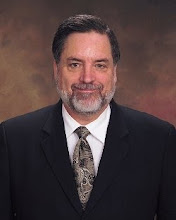Descartes Rules for True Conclusions
In the Discourse, Descartes described four rules he established to make sure he always came to true conclusions.
- Doubt everything. “The first was never to accept anything as true if I did not know clearly that it was so … and to include nothing in my judgments apart from whatever appeared so clearly and distinctly to my mind that I had no opportunity to cast doubt on it.”
- Break every problem down into smaller parts.
- Solve the simplest problems first, and build from there.
- Be thorough. “The final rule was: In all cases, to make such comprehensive enumerations and such general reviews that I was certain not to omit anything.”
By following these simple guidelines, he said, “There cannot be anything so remote that it cannot eventually be reached nor anything so hidden that it cannot be uncovered.” More.
In my experience, and in my opinion, item 4 is the rule most often violated. Many self-proclaimed skeptics do a great job of rules 1-3, but completely miss number 4 resulting in unwarranted assumptions leading to irrational conclusions. Prime examples are Richard Dawkins and Christopher Hutchins.
Smart guys, yes, but not thorough in their research.

